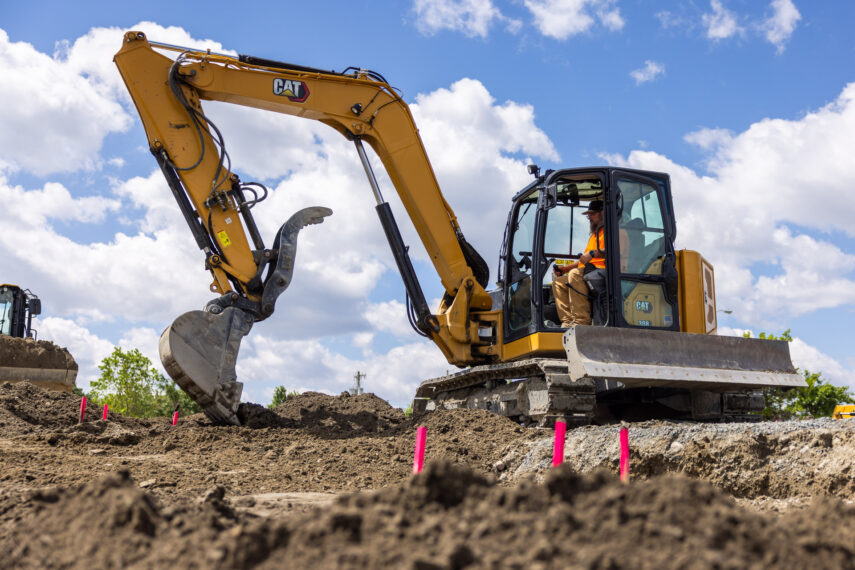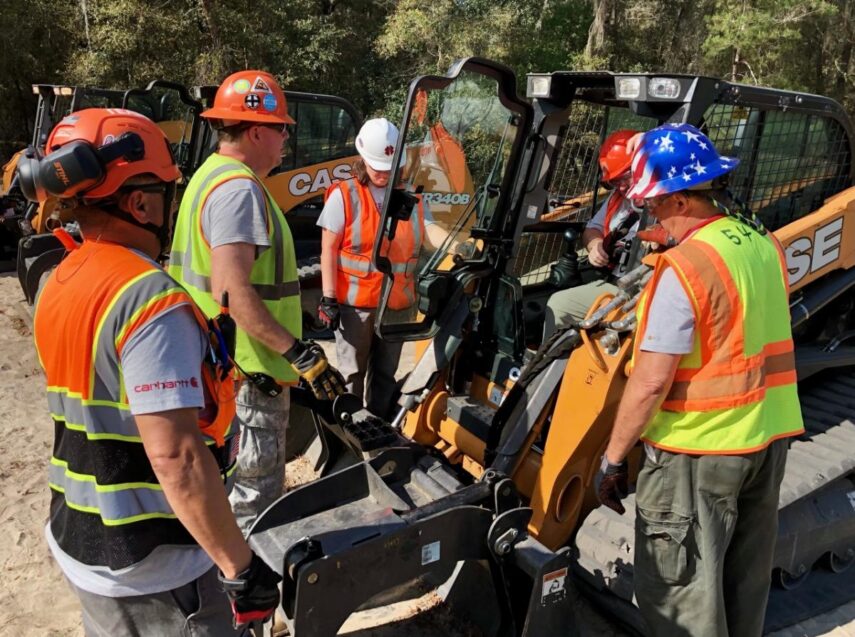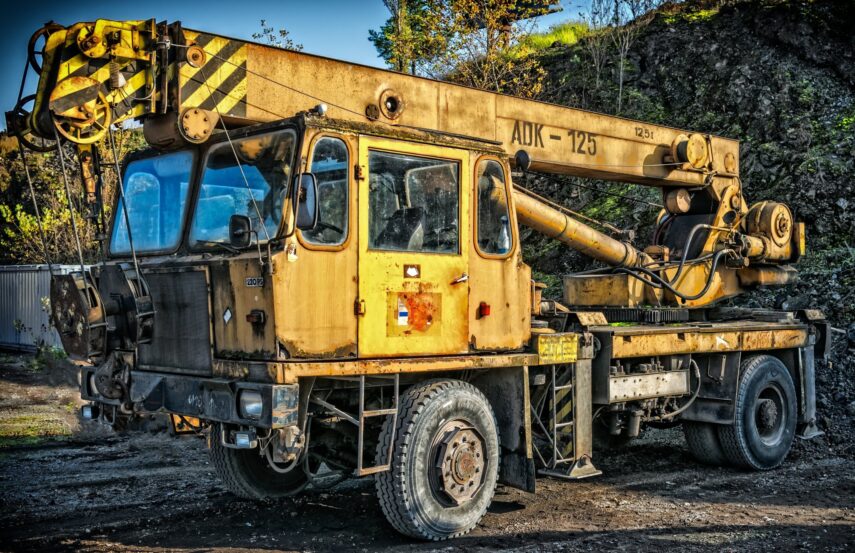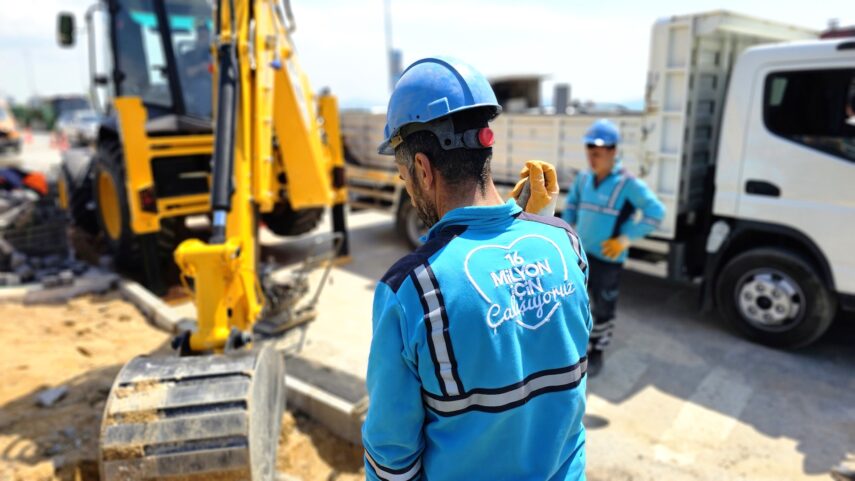Heavy machinery is dangerous when put into the wrong hands. Companies using this equipment must ensure the employees undergo proper training to prevent accidents and injuries. Doing so helps keep costs down. Here are some best practices for training employees on heavy equipment operations.
Conduct Thorough Initial Training
Any employee who will operate heavy machinery needs to go through extensive initial training before they are allowed to use machinery, such as the heavy equipment at Columbus Equipment, without supervision. Training should begin with classroom instruction, where trainees are taught about the equipment’s capabilities and limitations, potential hazards, emergency procedures, maintenance requirements, and anything else they need to know before getting behind the controls.
Classroom learning must be reinforced through hands-on practice under the close supervision of experienced operators. Trainees should be required to demonstrate proficiency in basic maneuvers as well as emergency braking, reverting controls, and following all safety protocols before graduating to independent operation.
Ensure Ongoing Skill Development

Initial training provides a baseline of knowledge, but developing true skill and expertise requires regular, ongoing practice. Companies should provide opportunities for equipment operators to hone their skills through periodic hands-on sessions with experienced mentors. Advanced simulation training is also highly effective.
Virtual reality simulators allow operators to practice procedures in a safe, controlled environment. Simulators expose trainees to unusual situations they may not frequently encounter on the job, improving reflexes and building muscle memory.
Incorporate Comprehensive Safety Instruction
Along with technical operating skills, heavy equipment training programs need to incorporate extensive safety education. Instructors should thoroughly cover all potential hazards and how to control them.
For example, training for forklift operators would address stabilizing loads, avoiding tip-overs, and the dangers of overloading. Crane operators would learn about identifying and avoiding pinch points, controlled load lowering, and determining safe load capacities for different configurations. The goal is to ingrain core safety principles so employees instinctively avoid unsafe acts.
Emphasize Rigorous Inspection and Maintenance Routines

Heavy machinery can malfunction or become unsafe if not properly maintained. Training should drill home the importance of thorough pre-operation inspections and following all maintenance schedules.
Before any use, operators need to test all controls, visually inspect for damage or leaks, ensure fluid levels are adequate, check tire pressures, test safety devices like horns or backup alarms, and more. If anything is found to be substandard, it must be reported and fixed before the machine can be operated. Adhering to diligent inspection routines helps avert equipment failures that lead to accidents.
Address Proper Load Handling
Many heavy machinery accidents are caused by improperly secured or overloaded freight. Forklift certification, for instance, must include detailed instructions on calculating load capacities for different lifts based on weight distribution, travel distance, height, and terrain.
Crane and rigging training is similar, teaching proper load balancing, supports, and sling positioning. Exceeding equipment weight limits is a frequent cause of tip-overs and material drops. Knowing the proper load-handling technique is critical.
Practice Emergency and Recovery Procedures
Seasoned operators can also make mistakes or face unexpected equipment failures. Training must prepare for such scenarios by practicing emergency procedures. Operators need to develop quick reflexes and know how to respond properly in crisis situations.
They should be taught how to kill the power quickly, apply emergency brakes, properly recover from a skid or tip-over, safely evacuate equipment in a fire or breakdown, etc. Well-rehearsed emergency procedures can prevent minor mishaps from turning into major disasters.
Assign an Experienced Mentor to Each Trainee

Having an experienced operator mentor trainees through initial worksite experience is hugely beneficial. Mentors give helpful advice, reinforce good habits, correct bad habits, and intervene if the trainee gets into a dangerous situation.
New operators should be required to complete a minimum number of working hours under direct mentor supervision before being approved to operate machinery independently. A patient mentor’s guidance builds skills faster and prevents ingraining unsafe techniques.
Document All Training
It is essential to document all training provided to each equipment operator, including classroom and hands-on sessions completed, skills demonstrated, name of instructor, mentorship hours accrued, and training expiration dates. Detailed records prove proper protocols were followed in case of an accident.
They also ensure refresher training is conducted before skills perish. Many companies integrate training records into digital platforms that track credentials and automatically send renewal reminders when required.
Make Training an Ongoing Priority
A one-and-done training approach is never sufficient for heavy machinery operation. Companies should provide refresher courses at least annually to reinforce skills and update procedures. Periodic retesting and recertification should also be mandatory. When new equipment is introduced or procedures change, supplemental training must be offered. A company demonstrates the proper commitment to safety when it continually invests in operator training.
Staying Current on Evolving Best Practices

Best practices for safe heavy machinery operation are constantly evolving. Management should regularly review equipment manufacturer guidelines, industry association standards, and safety regulator directives. If the company is not staying current on precautionary steps, practices, inspection routines, and required skills, upgrade training programs accordingly. Complacency and outdated training practices are a recipe for heightened risk.
Ban Untrained Operation
After investing so much in optimal training procedures, enforcing them is critical. Anyone found operating heavy machinery without proper credentialing or permitting untrained personnel to use equipment should face disciplinary action. Required training levels, operating authority, and certification status must be made clear. A lax culture around adherence to safety training protocols invites trouble.
Proper training in the safe operation of heavy machinery is a complex, ongoing process requiring the commitment of adequate time and resources. However, comprehensive operator training programs significantly help mitigate the inherent risks of utilizing powerful, dangerous equipment in the workplace.
When employees are thoroughly taught sound principles, routinely practice procedures, and maintain sharp skills through continually refreshed training, equipment accidents become far more preventable. In heavy industry and construction, rigorous safety education must be a top priority and constant work in progress. Equipping operators with the knowledge and experience to use heavy machinery cautiously is the best way companies can safeguard their workers and assets.
Related Posts:
- 7 Effective Ways To Ensure Your Employees Stay…
- Why Ignoring Termite Signs Is the Best Way to Lose…
- How Heavy Rains Ruined Download Festival with Mud!
- SpaceX Falcon Heavy: Elon Musk's rocket company…
- How To Assess and Improve Employees’ Productivity -…
- Do All Employees of an Alcohol Establishment Have to…








